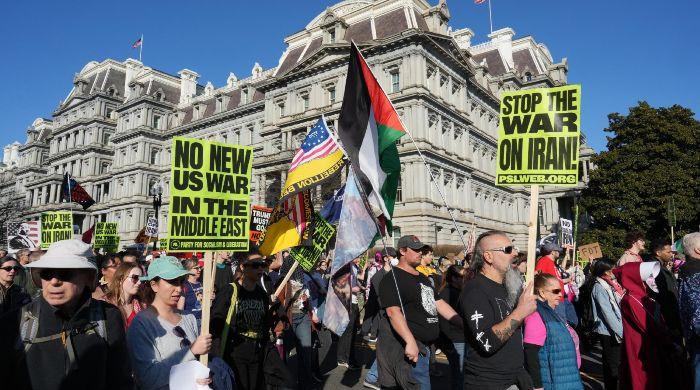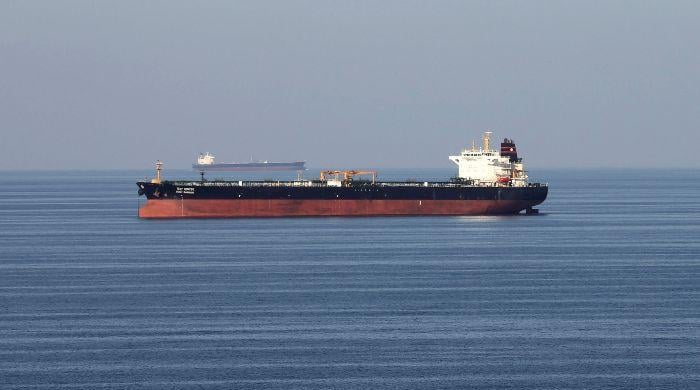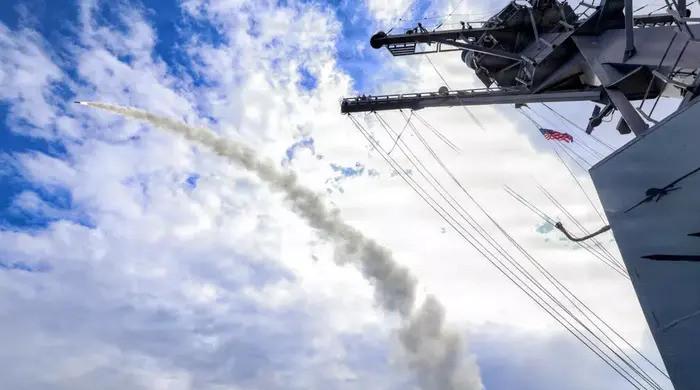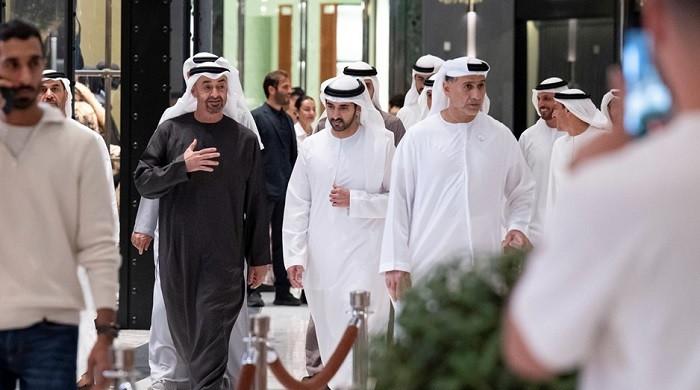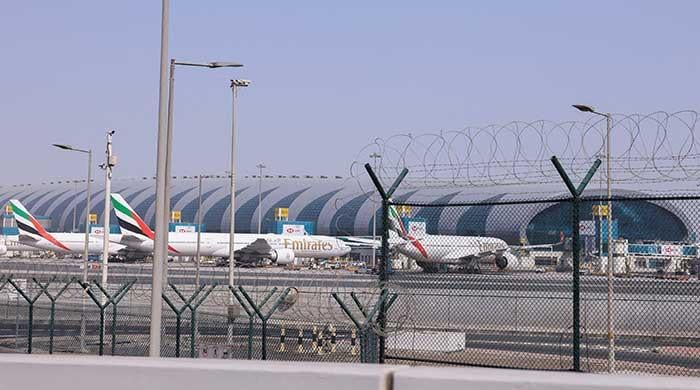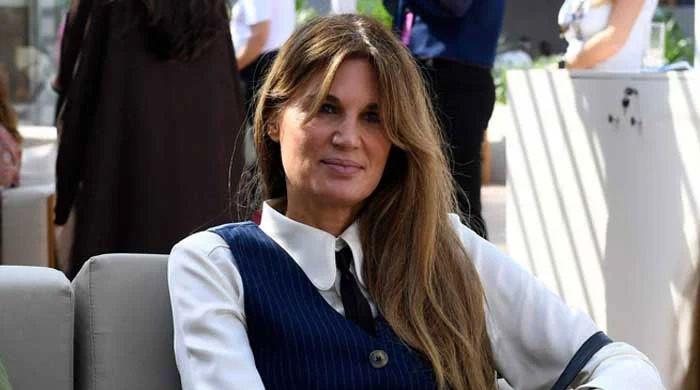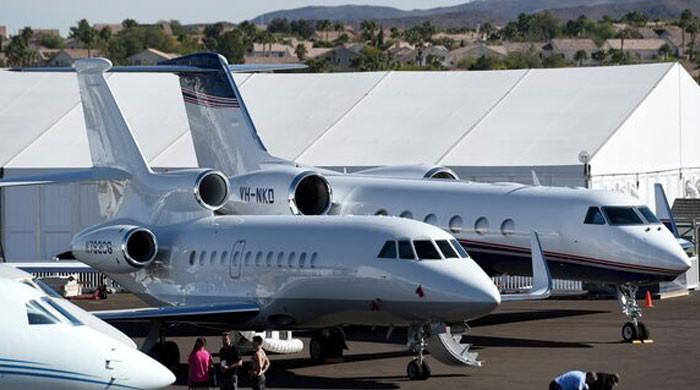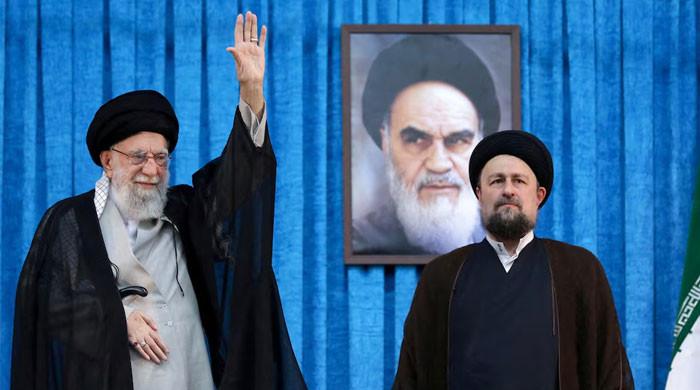More than 60 killed in suicide blasts at mosque in Nigeria
Rescue worker says 42 dead bodies were taken to hospital
May 01, 2018
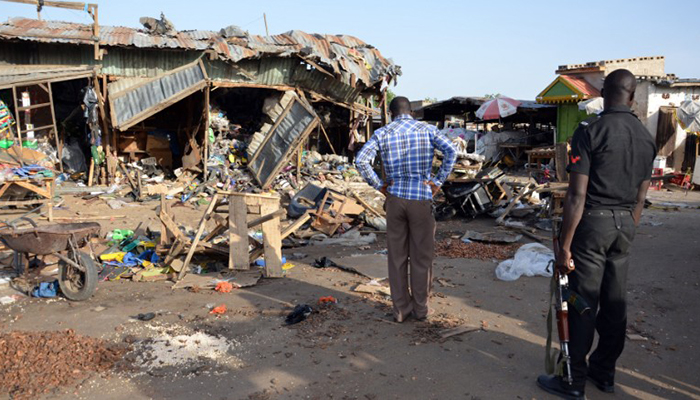
KANO: More than 60 people were killed in twin suicide bombings at a mosque in Mubi, northeast Nigeria, on Tuesday, two local residents who attended funerals of the victims told AFP.
One, Muhammad Hamidu, said: "I took part in the burial of 68 people. More bodies were being brought by families of the victims." Another, Abdullahi Labaran, said: "We left 73 freshly dug graves where each victim was buried."
The blasts happened at about 1:20 pm (1220 GMT) in Mubi, a city some 200 kilometers (125 miles) from the Adamawa state capital, Yola.
Adamawa state police spokesman Othman Abubakar said, "For now (the death toll) is 24," but other sources gave far higher figures.
Rescue worker Sani Kakale said: "In my presence, 42 dead bodies were taken to hospital and 68 injured." A source at Mubi General Hospital told AFP they had "so far" received 37 bodies and dozens of injured, many of them critically.
Suspicion immediately fell on Boko Haram, the group that has left at least 20,000 dead since 2009.
Mubi has been repeatedly targeted in attacks blamed on Boko Haram since it was briefly overrun by the militants in late 2014.
Nigeria’s government and military have long maintained that Daesh group affiliate is a spent force and on the verge of defeat.
But there has been no let-up in attacks in the northeast, particularly in Borno state, adjacent to Adamawa, which has been the epicentre of the violence.
Last Thursday, at least four people were killed when suicide bombers and fighters attempted to storm the Borno state capital, Maiduguri, raising fresh questions about security.
Nigerian President Muhammadu Buhari has been in the United States this week and met his US counterpart Donald Trump, who pledged more support in the fight against Boko Haram.
Nigeria has bought a dozen A-29 Super Tucano light fighter aircraft in a $496-million (413-million-euro) deal. Trump indicated a further order for attack helicopters was also in the pipeline.
"These new aircraft will improve Nigeria’s ability to target terrorists and protect civilians," Trump told a joint news conference with Buhari in Washington on Monday.
Chaotic scenes
In Mubi, local volunteer Habu Saleh, who was involved in the rescue effort, described the situation as "chaos all over the place".
"We have evacuated dozens of dead and injured people to the hospital and the rescue operation is still ongoing," he said.
Health workers from the hospital mobilised to attend to the victims, despite being on strike over pay and conditions.
Mubi resident Abdullahi Labaran said the first bomber mingled with worshippers who had gathered for prayers at the mosque at the edge of the market.
He detonated his explosives "five minutes before the prayer started", he added.
The second bomber blew himself up among the crowds of worshippers, traders and shoppers who fled the mosque towards the butchery section of a nearby market.
On November 21, 2017 at least 50 people were killed when a suicide bomber blew himself up in a mosque during early morning prayers in the Unguwar Shuwa area of Mubi.
In October 2012, at least 40 people were killed in an attack on student housing in Mubi that was widely blamed on Boko Haram.
In June 2014, at least 40 football supporters, including women and children, died in a bomb attack after a match in the Kabang area of the town.




